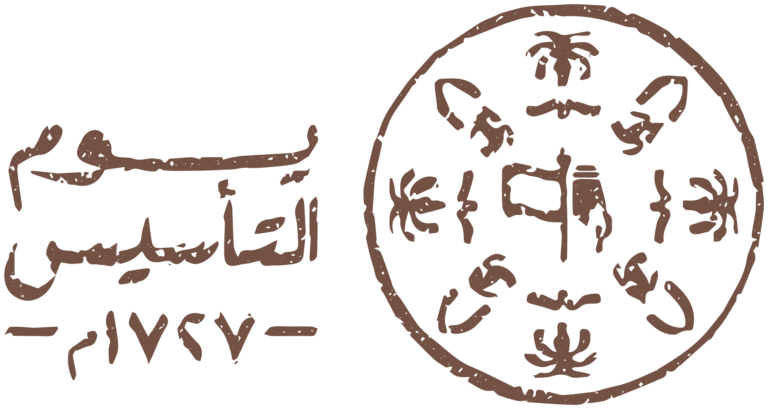حتى ميليتري واش تحفونا بمقال من نفس نوع

هل البعض يريد ان يشاهد الكلاسيكو

The Only Arab Country Israel and the West Can’t Bomb: What Makes Algeria Uniquely Secure?
Following the launch of the first ever Israeli air strike on Qatar, which targeted the leadership of the Palestinian political party Hamas in the capital Doha on September 9, questions have increasingly been raised regarding the extent of the Israeli Air Force’s reach in the Arab world. Following the
overthrow of the Syrian government and
dismantling of the Syrian Arab Army in December 2024, which had long been a primary force containing Israeli power, Israel has expanded its attacks on regional targets, with air strikes launched against targets in Iran, Lebanon, Tunisia and Yemen alongside a sustained campaign against Gaza. This has been possible despite the age of the Israeli fighter fleet, which overwhelmingly relies on obsolete variants of the F-15 and F-16, which lack the advanced phased array radars and other ‘4+ generation’ features of modern variants. With only a small number of
modern F-35s in service, Israel’s military reach has been primarily facilitated by the weakness of its adversaries rather than by the strength of its own capabilities.
Within the Middle East and North Africa, Algeria remains the only state to have
invested heavily in modern air defence capabilities from non-Western suppliers, with its network of radar and surface-to-air missile systems and fleets of fighter and interceptor aircraft having all been sourced from China and Russia. Algeria accelerated the buildup of these capabilities from the early 2010s after its neighbour Libya came under an
unprovoked and intensive Western air assault resulting in the execution of its leader and a fall into over a decade of chaos. The backbone of its air defences are formed by S-300PMU-2, S-400 and Chinese HQ-9 long range surface-to-air missile systems, a
large fleet of over 70
Su-30MKA heavyweight fighters, and recently procured
Su-35 air superiority fighters, alongside shooter ranged assets such as BuK-M2 air defence systems and MiG-29M fighters. This network is totally in a league of its own in the region in terms of the challenges it poses to potential attacks by Israel, Turkey or Western Bloc states, with Algeria’s fleet on average relying on fighters that are decades newer than their Israeli or Turkish counterparts.
Although a number of states in the Arab world have invested heavily in procuring modern combat aircraft and air defence systems, not only have training standards generally remained lower than those in Algeria, but political pressure from the Western world has ensured that almost all major procurements have been of Western systems. Such systems are not only heavily downgraded when sold to the majority of Arab clients, with Egypt’s F-16 fighter fleet being a
prime example, but they are also heavily restricted in how they can be used, with Western control over source codes ensuring that they
cannot be used against Western Bloc interests. This ensures freedom of action for Western, Israeli and Turkish air strikes against countries across the Middle East and North Africa. As a result of the overwhelming reliance on Western equipment by countries such as Saudi Arabia, Jordan and Egypt, and the underinvestment in air defence capabilities by other such as Iran, Algeria remains the only country in the region with airspace secure against such attacks.
Following the launch of the first ever Israeli air strike on Qatar, which targeted the leadership of the Palestinian political party Hamas in the capital Doha on

militarywatchmagazine.com




